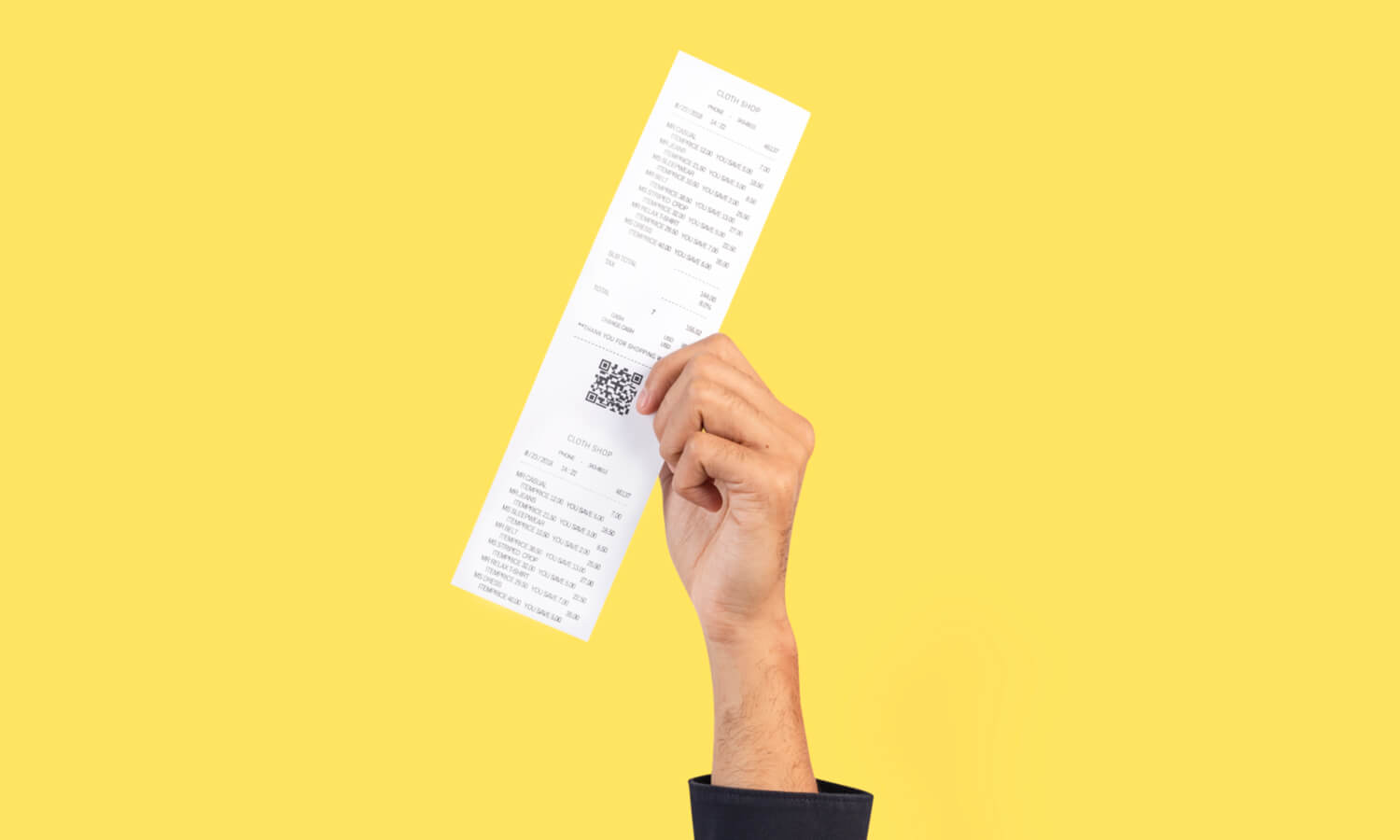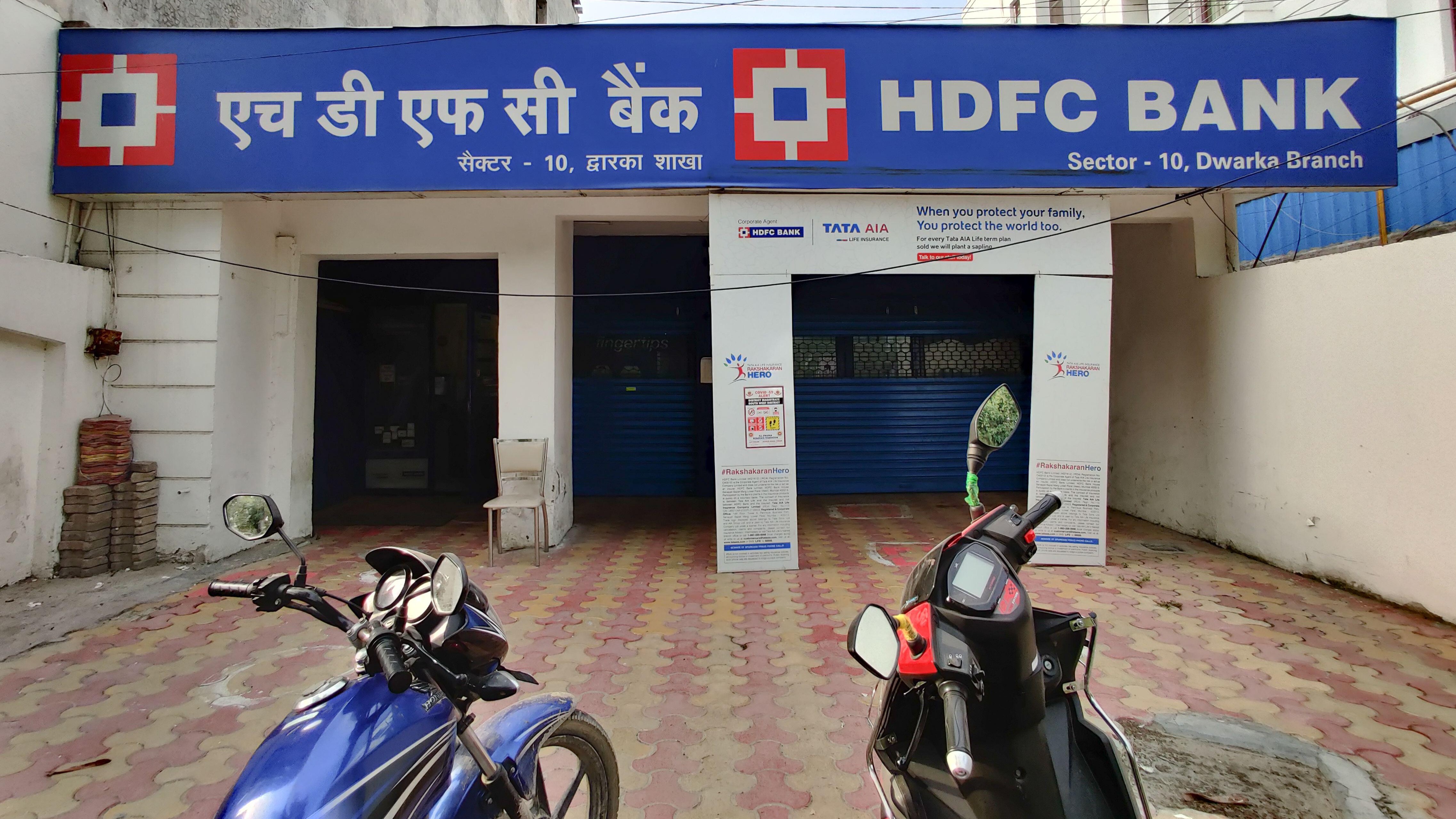“I have receipts”: Why you need to keep Canada income tax documents
You can’t just claim anything. In preparing to file your income tax return, you will need to provide receipts for proof. Here’s why. The post “I have receipts”: Why you need to keep Canada income tax documents appeared first on MoneySense.

Ask MoneySense
What receipts are required to submit/save for one’s personal tax return? I’m trying to trim the amount I need to put together to submit my taxes.
—Pepper
Keeping receipts for income tax claims
If you’re claiming any kind of tax deduction or credit, save the receipt and other back-up documents that support your claim—and hang on to it. Tax filers bear the “burden of proof.” That’s true even if you file a “nil return” to collect refundable credits and despite the success of electronic filing. Within our increasingly digital world, proper receipts and “records” still matter. As you prepare for tax season 2025, a primer on what to do to satisfy a future CRA (Canada Revenue Agency) auditor is in order.
Who files taxes in Canada
The Canadian tax system is based on residency and self-assessment.
In other words, the onus is on every Canadian resident to accurately report their worldwide income in Canadian dollars, claim the deductions and credits properly applicable, and remit all resulting income taxes payable to the CRA.
If you’re an employee, this begins with completing a TD1 form (federal and provincial) to ensure withholding taxes are properly withdrawn by your employer.
Other taxpayers, such as pensioners, investors and proprietors, may be required to make quarterly tax remittances by instalment.
It is your right to arrange your affairs within the object, spirit and intent of the law. You may also go back and voluntarily correct errors or omissions for most provisions, up to 10 years back.
Income Tax Guide for Canadians
Deadlines, tax tips and more
How long do you have to keep your income tax records and receipts?
In general, documentation, including receipts, must be kept for a minimum of six years from the end of the last tax year. According to the CRA, individuals and unincorporated businesses follow the calendar year, and corporations use their fiscal year.
Special circumstances require special rules, though. For example, when a business ceases, CRA notes:
- For a non-incorporated business, records must be kept for six years from the end of the tax year in which the business ended.
- For a corporation, records must be kept for two years from the date of the dissolution of the corporation. However, this doesn’t apply if there is a merger or amalgamation.
Sending documents and filing with the CRA
The CRA’s priority is a communications protocol with tax filers that is seamless and “digital first.” While you can still mail all your documents to the CRA, the department is encouraging electronic submission and documentation.
In fact, starting in the spring of 2025, online mail will be the CRA’s default method of delivering business correspondence. It will send notices to business owners in the My Business Account or, if you work with a tax accountant, to the Represent a Client account.
Be sure to have a valid and current email address on file with the CRA so it can send you email. Don’t send receipts or records by email, though; the CRA doesn’t consider that to be secure. It is also a requirement that any documents provided are readable.
So, in general, it makes sense to set yourself up as soon as possible to use one or more of the digital portals: MyAccount, My Business Account and Represent A Client. These comply with documentation requests and communications from the CRA.
What is a notice of assessment?
After you file your annual tax return, the Canada Revenue Agency (CRA) (or Revenu Québec, if you live in la belle province) sends you a notice of assessment (NOA). This two-page document summarizes your income, deductions, credits, registered retirement savings plan (RRSP) contributions, tax paid, and either tax you owe or a tax refund.
Read “What is an NOA?” in the MoneySense glossary.
Set up your back-up plan
In a digital world, disaster recovery is critical. Therefore, it is important to keep hard and soft copies of all tax returns, receipts and records and, of course, your Notices of Assessment or Reassessment in order to preserve all your appeal rights.
It’s always a good idea to print these and any other significant documents for safekeeping in case of an audit.
Who gets audited?
A tax audit can happen to anyone in Canada; although the more discretionary deductions you claim, the more likely the CRA will request back-up documents. That can include receipts for child care, moving, medical and/or self-employment expenses.
Because the CRA relies on the tax filer to self-assess, it does double-check to make sure the tax return is filed according to the intent, object and spirit of the law. On its website, the CRA notes that audits are based on “risk assessment.” That includes the likelihood and/or frequency of errors in tax returns or any indications of non-compliance.
The CRA could also compare your tax return to others with a similar profile of reporting. Say, for example, a server at a restaurant reports tips earned, but another server at the same establishment doesn’t—the CRA might look into that.
The CRA will also receive information from other audits and even anonymous tipsters. Yes, there is a leads program for suspected tax/benefit cheating. In the case of offshore cheating, the reporter can earn a reward, provided the CRA website collects $100,000 or more in federal tax owing (excluding penalties and interest). The reward is between 5% and 15% of the amount collected and—you guessed it—that money is taxable income.
Compare the best TFSA rates in Canada
What documents can an auditor ask for?
A tax auditor with the CRA can request personal records that can include prior filed tax returns, your credit history, details of any property you own, as well as mortgage and/or banking and credit card statements.
The CRA can also request the personal and/or business records of your spouse or common-law partner, and other individuals in the family or other entities that are not being audited. That can include family members, corporations, partnerships and trusts, including the settlor, beneficiary and trustee.
If you own an income property and/or a business, expect to produce ledgers, journals, invoices, receipts, contracts, rental records and bank statements. In addition, any adjustments made by an accountant or a bookkeeper can be requested. Further information can extend beyond the receipts and bookkeeping, however.
If you own a rental property, check out Form RC 685 Refund Examination Program Rental Information when you are filing your tax return. This will provide you with a good overview of the breadth of information the CRA can require to release any tax refund they may owe you. It’s also a good guide to use in preparing for a tax audit down the line.
A similar process is in place for business owners. In this case, take a good look at Form RC683 Refund Examination Program – Business Information. Be prepared to justify your tax filings to correspond to your business plans and the purpose of any capital assets you acquired. That may also include your regular customers, your business location, and extensive details about family members and tax accountants who work(ed) for you.
Get ready, grab your receipts
Tax season starts officially on February 24, 2025, the day the CRA will accept electronically filed returns. But despite digitization, filing a tax return (if only to collect on social benefits and tax credits) requires honest self-assessment and meticulous record-keeping.
Without this, penalties, interest and the significant financial stress that come with this can be on your horizon.
So, while time-consuming and often annoying, it’s important to file an audit-proof tax return. Remember, the burden of proof is on you.
Read more about income taxes:
- Tax credits, due dates and when you can file: Your income tax return guide
- Audit-proof your side hustle
- What to do if you haven’t filed an income tax return
- Renting out the cottage? Don’t miss out on these 11 tax-deductible expenses
The post “I have receipts”: Why you need to keep Canada income tax documents appeared first on MoneySense.













































































